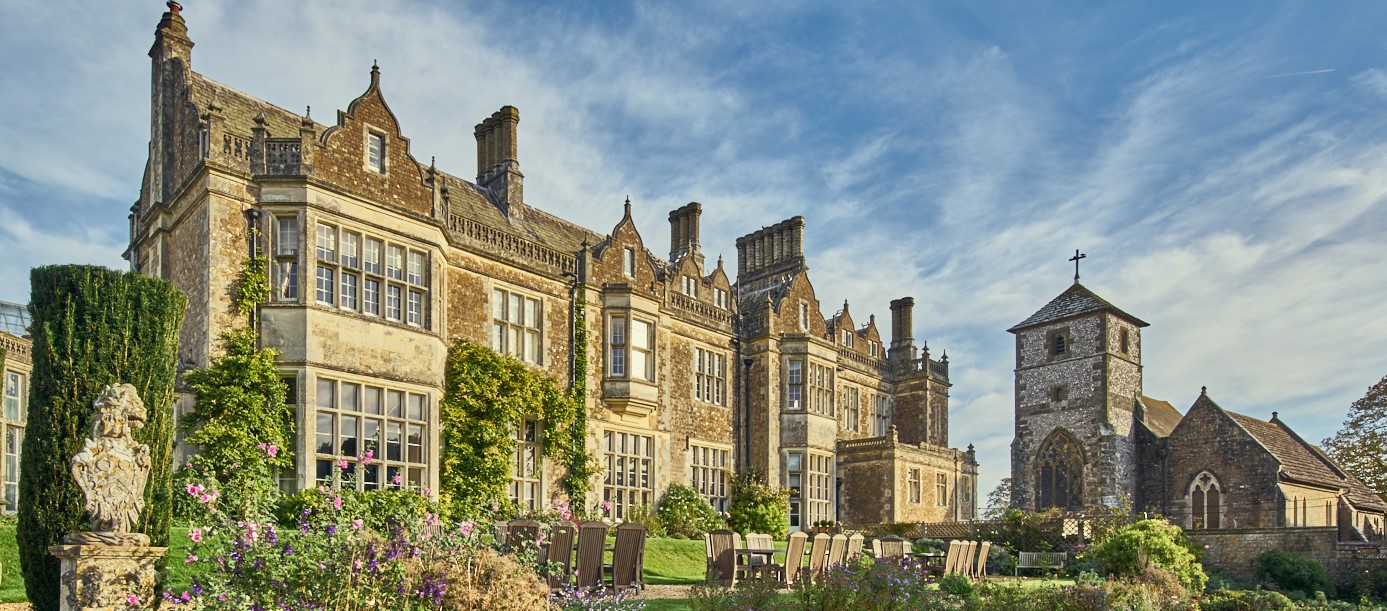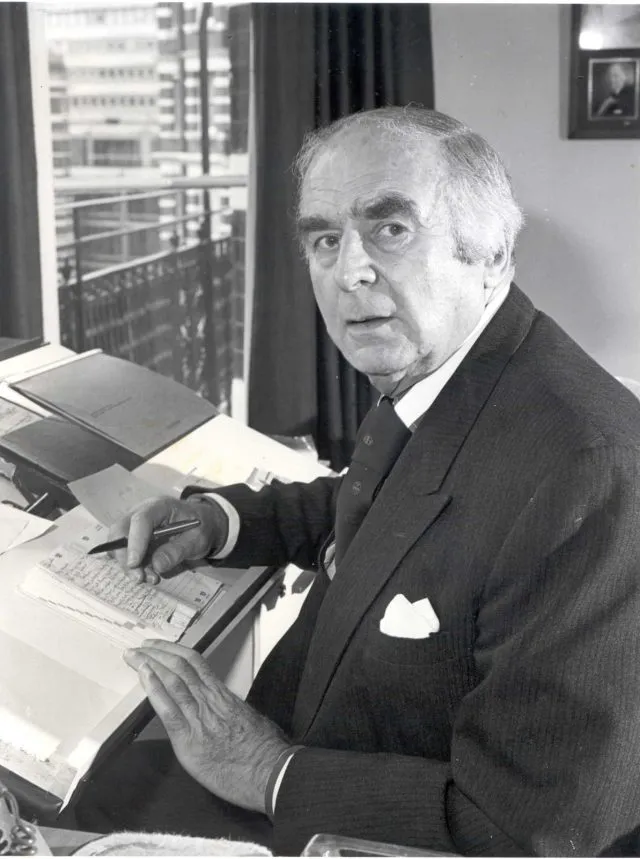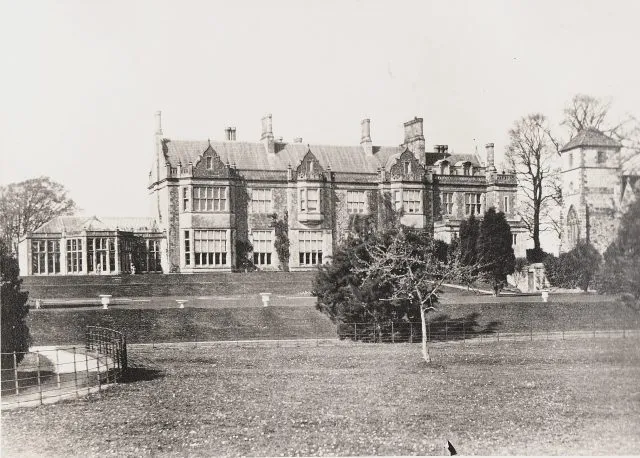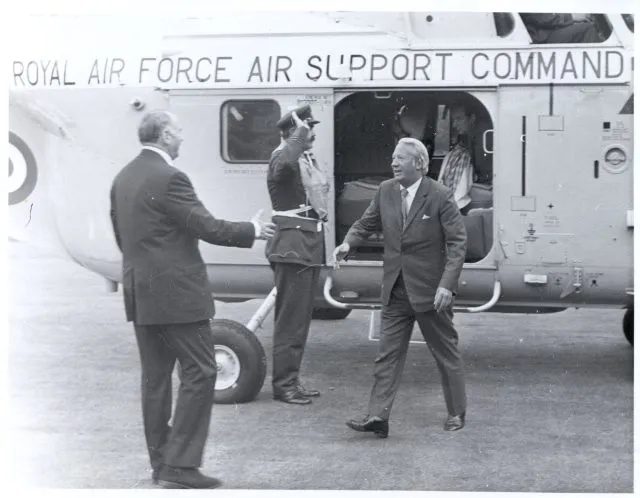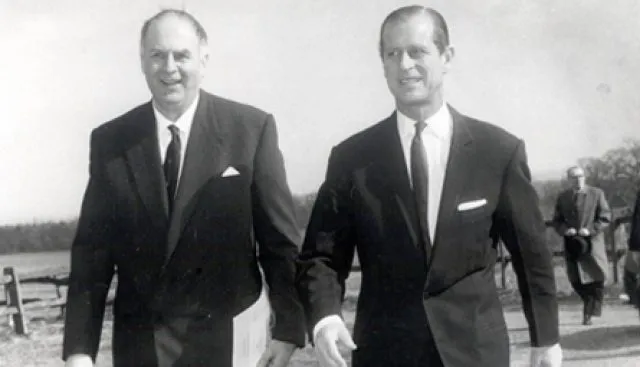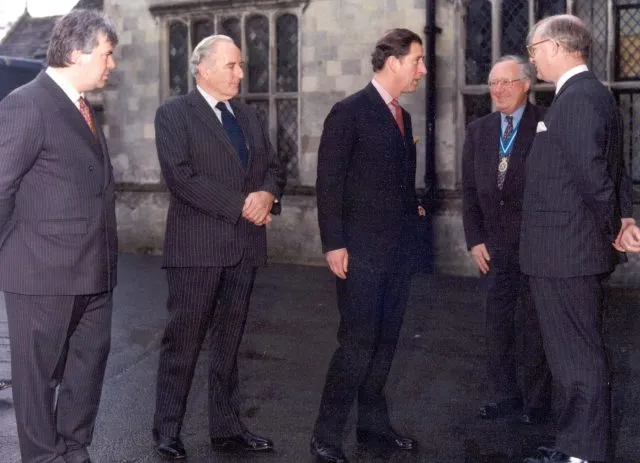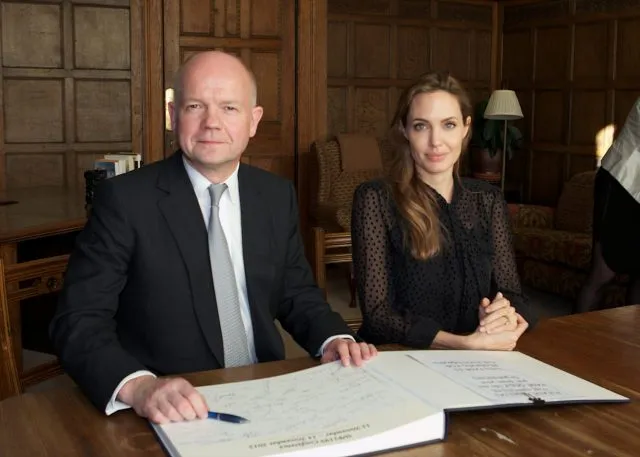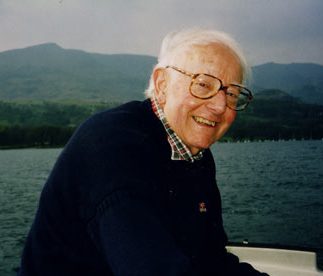In the 1980s our horizons widened further with the first Soviet participation. At the first conference, an interpreter from the Soviet Embassy in London burst out of the interpreting booth to join in the debate. At another conference, legend has it that a leading Russian economist challenged all the other participants to chess and beat all comers. Participants were now coming from many countries of what was still the Soviet bloc. In one conference in October 1988, former Director Geoffrey Denton recalled a distinguished Romanian speaker dramatically announcing the imminent collapse of the Communist system. When asked if he meant in Romania he replied, “No, everywhere.” His prediction came true one year later. Since the fall of the Berlin Wall in November 1989, Central and South East Europeans have played a growing role in the conferences held here and in the region.
During the transition to black majority rule in South Africa in the 1980s, Wilton Park became a venue for representatives of the black community and the ruling National Party to meet behind closed doors. We have been hosting events on the Western Balkans since the late 1990s. Our conference in September 1999 on the Western Balkans after Milosevic, held less than three months after the end of NATO’s air campaign, was attended by many of those then in opposition, now elected to power in Belgrade and elsewhere in South East Europe.
While strengthening the European programme, Wilton Park also moved into new global arenas with issues relating to Japan, China, North East Asia, the Middle East, South Asia, Africa, Latin America all becoming integral parts of the annual programme of conference.
Funding
Becoming an FCO Executive Agency in 1991 gave Wilton Park more autonomy and a more secure financial footing with the opportunity to raise more of its own funding. Wilton Park now raises funds to cover all of its running costs with the FCO providing capital funding, along with financial and intellectual support for specific conferences, in order to support its public diplomacy objectives. Remaining funding is met by participants’ contributions, sponsorship and the hire of Wiston House for other events. Our financial performance as an Executive Agency is overseen by a Departmental Board chaired by the FCO. Our independence is overseen by a well established Advisory Council who advise on conference themes and monitor their quality.
Participation
Wilton Park brings together government, business, civil society and the expert community in a secure environment where they can challenge, understand and learn from each other. For government, Wilton Park helps to inject external thinking, build networks, promote agreement, and harness expertise that improves policy and provides strategic foresight. For businesses, it provides unique insights, a platform to engage with policy discussions and the opportunity to understand governments and make themselves better understood. For civil society groups, Wilton Park supports their representation and coordination so that they can maximise their impacts.
